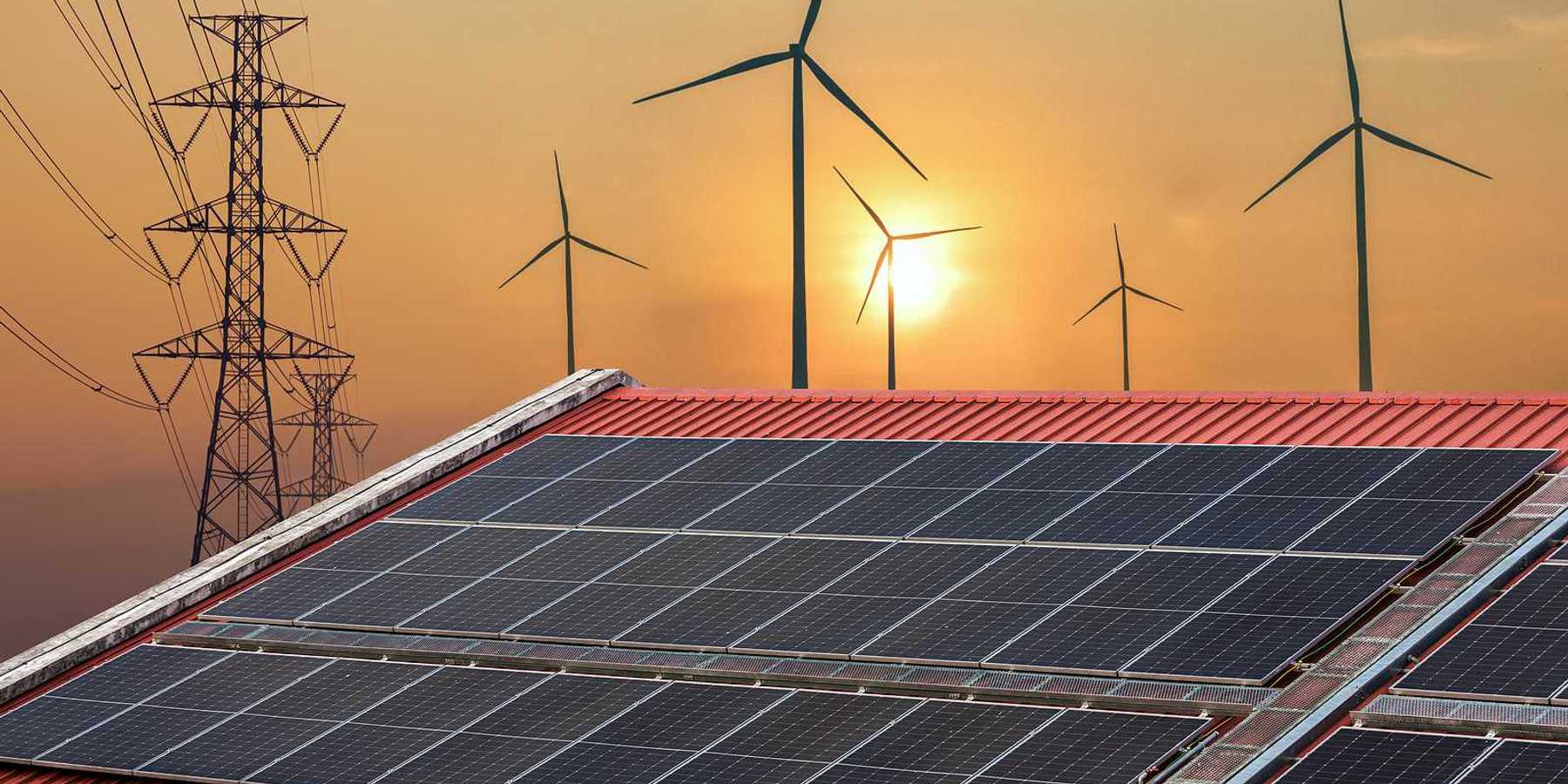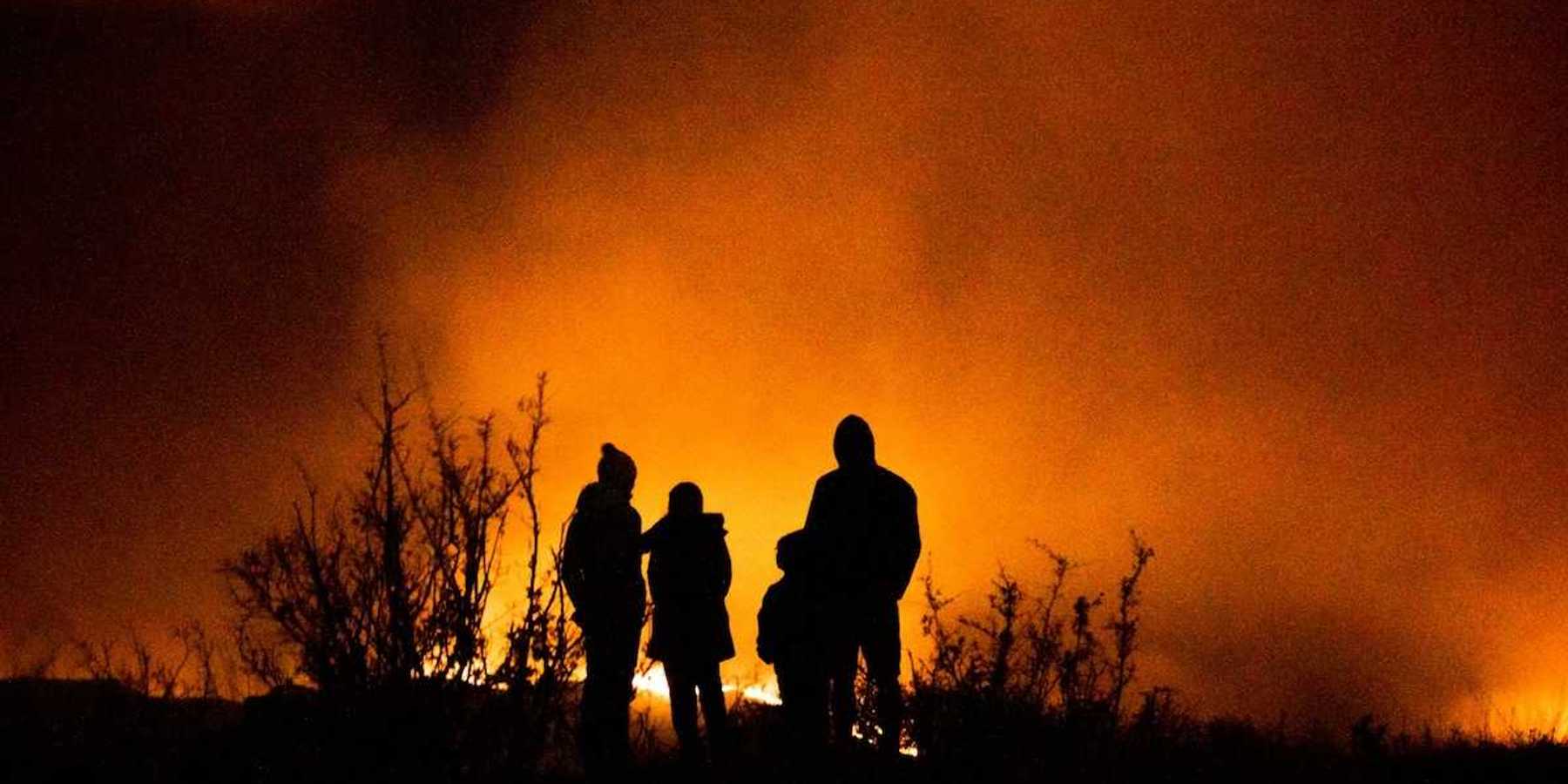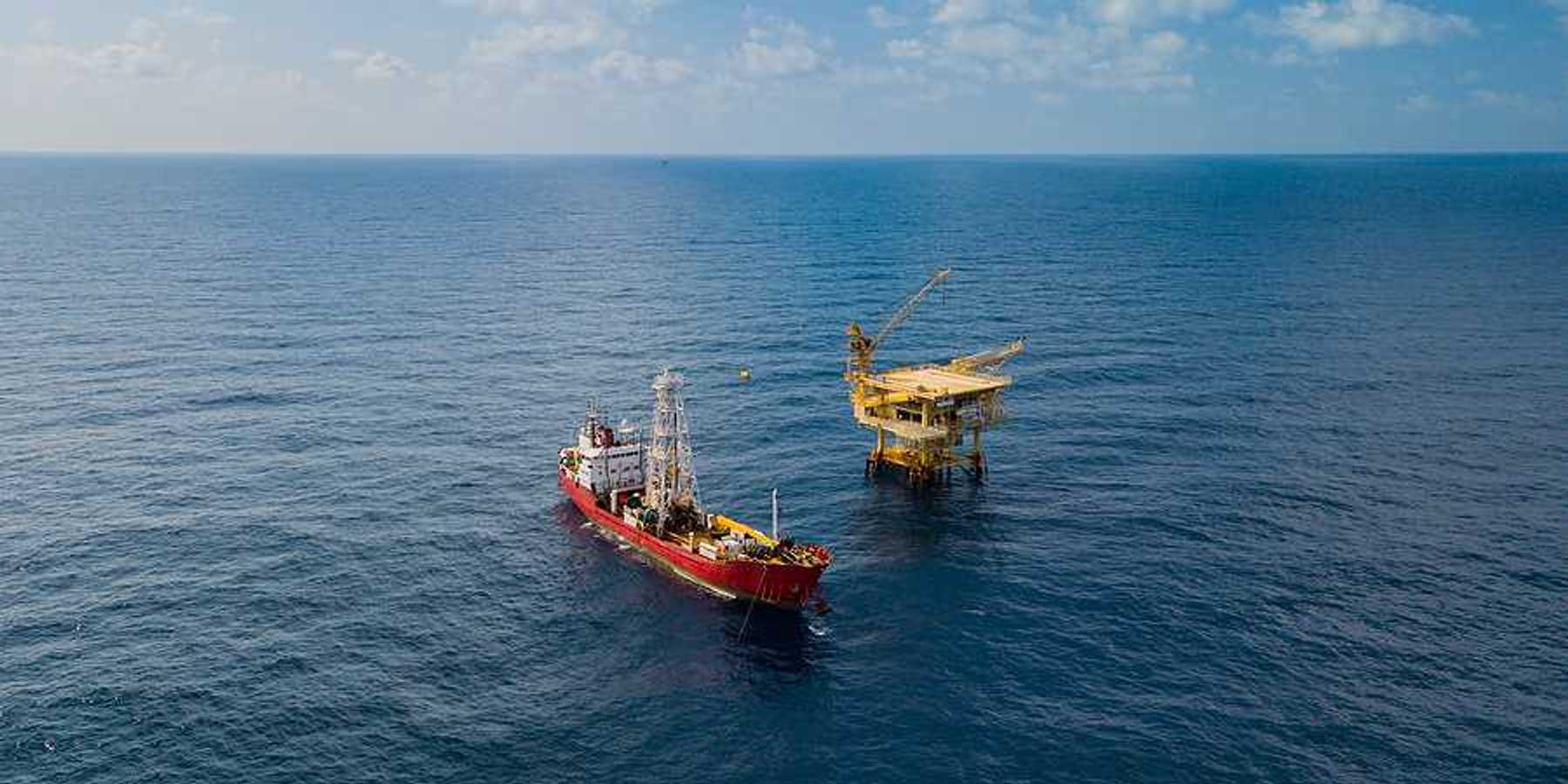Living near fracking wells linked to early death
A new study finds that people over the age of 65 who live near fracking operations are more likely to die prematurely.
People over the age of 65 who live near or downwind from fracking operations are at greater risk of premature death than their counterparts who don’t, according to a new study by researchers at Harvard University.
The large study, published today in Nature Energy, is the first to link air pollution from fracking wells to premature deaths.
“Although [unconventional oil and gas drilling] is a major industrial activity in the U.S., very little is known about its public health impacts,” Petros Koutrakis, a senior author of the study and professor of environmental sciences at Harvard University, said in a statement.
The researchers found that people over 65 who live closest to fracking wells have a 2.5% higher mortality risk compared to people in the same age group who don’t live near wellpads. They also found that the risk of premature death increases the closer people live to fracking operations, and that people who live downwind of well pads are at higher risk of premature death than those living upwind.
The results suggest that air pollution from fracking wells is traveling downwind and contributing to increased mortality risk, according to the study.
To conduct the study, researchers looked at health and death records for more than 15 million Medicare beneficiaries over the age of 65 living in parts of the U.S. with a major fracking industry presence from 2001 to 2015. They used data on more than 2.5 million oil and gas wells to calculate exposure to airborne pollutants for people who live near fracking operations, downwind of fracking operations, or both, controlling for social, economic, environmental, and other factors.
Health dangers of fracking
Over the last decade, fracking has transformed the U.S. energy industry. Total crude oil production more than doubled from 2010 to 2020, and roughly 17.6 million U.S. residents currently live within one kilometer (.62 miles) of at least one active fracking well. But in that same time period, concerns about the health effects of fracking have escalated.
Previous studies have linked living near fracking wells with a range of negative health impacts including heart attacks, respiratory illness, and adverse birth outcomes, and have found that fracking wells increase human exposure to harmful chemicals in air and water.
“Our findings suggest the importance of considering the potential health dangers of situating [fracking operations] near or upwind of people’s homes,” said Longxiang Li, a postdoctoral fellow in Harvard’s Department of Environmental Health and lead author of the study.
Banner photo: Parents and supporters in front of the Mars Area High School in Middlesex Township, Butler County, Pennsylvania, during a July 15, 2015 protest called to oppose fracking near all schools. (Credit: Public Herald/flickr)













